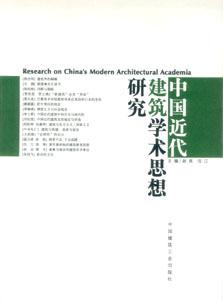Speaking into the Air
内容简介
In contemporary debates, communication is variously invoked as a panacea for the problems of both democracy and love, as a dream of a new information society brought about by new technologies, and as a wistful ideal of human relations. How, and why, did communication come to shoulder the load it carries? In John Durham Peters's work, the teachings of Socrates and Jesus, the theology of Saint Augustine, the political philosophy of Locke, and the American tradition from Emerson through William James all become relevant for understanding communication in our age. Peters finds that thinkers across the centuries have struggled with the same questions - how we can hope for contact with others, what has become of human beings in increasingly technological times, how new modes of communication have altered the ways the world is imagined and how we relate to others - and he weaves intellectual history and communications history together. The book traces the yearning for contact not only through philosophy and literature but also by exploring the cultural reception of communication technologies from the telegraph to the radio. The history of communication, Peters shows, is not a triumphant progress toward global harmony but rather a collection of uncanny devices that conjure angels, spirits and alien intelligences. His is an account of a complex concept that has both shaped us and been shaped by us.
......(更多)
作者简介
......(更多)
目录
......(更多)
读书文摘
1930年代的整个十年……在这期间,法兰克福学派的许多德国籍犹太人移居美国,他们生产出大量的研究成果……大众媒介具有何种社会意义?对这一问题的典型态度——认为它提供了相对无害的娱乐,或认为它是塑造社会意识的强大产业——都产生于20世纪30年代。P35
......(更多)






